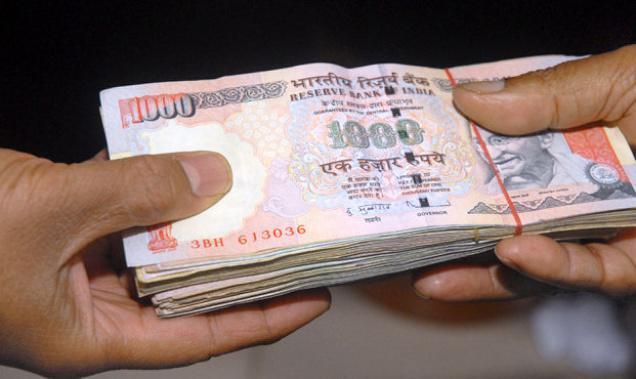Search
Why is Credit Rating Low in India?
May 12, 2017

Recently the rating agencies gave BBB- rating to Indian credit rating. Although, BBB- translates to ‘stable’ score, but critical of rating agencies for giving India the lowest investment grade rating, eminent banker Deepak Parekh has wondered how a country with such “strong fundamentals” on both economic and political fronts can be rated so low.
Deepak Parekh has given following reasons supporting his statement:
- Why is India, the fastest growing emerging economy for over one year now with all macroeconomic fundamentals being positive, rated just BBB-?
- On the other hand, Italy and Spain, which are far weaker and smaller, are having much higher ratings than us.
- Italian banks are in far worse shape than our banks. The Italian government is shakier and we have a solid political stability now.
- Sometimes, when economic scenario is good, political situation can be bad and at times when politics is in good shape, economic factors can be bad.
- This time, both (factors) are good for us and are very strong. The foundation is strong and we have a strong government.
- They are still global rating companies but made a strong pitch for an upgrade for India.
- In the US financial crisis, questions were raised about their role in certifying as AAA bundles of mortgage-backed securities that had toxic underlying assets. Similarly, their value has been questioned in light of their failure to provide warnings in advance of financial crises — often downgrades have occurred post facto, a case of closing the stable doors after the horses have bolted.
So, what things affect the credit rating of countries across the globe?
- Political institutions and trends in the country and their impact on the effectiveness and transparency of the policy environment, as well as public security and geopolitical concerns.
- Economic structure and growth prospects.
- General government revenue flexibility and expenditure pressures, general government deficits and the size of the debt burden, and contingent liabilities posed by the financial system and public-sector enterprises.
- Monetary flexibility.
- External liquidity and trends in public- and private-sector liabilities to nonresidents.



